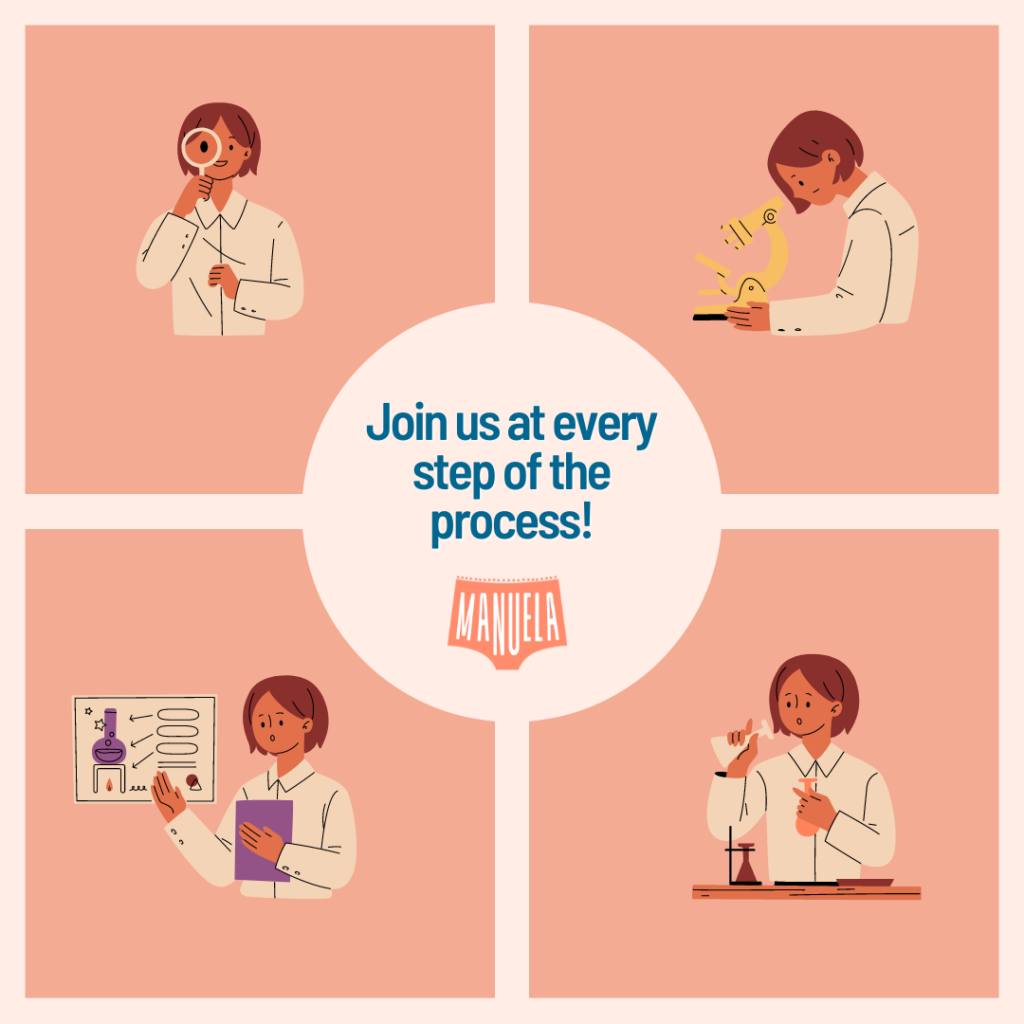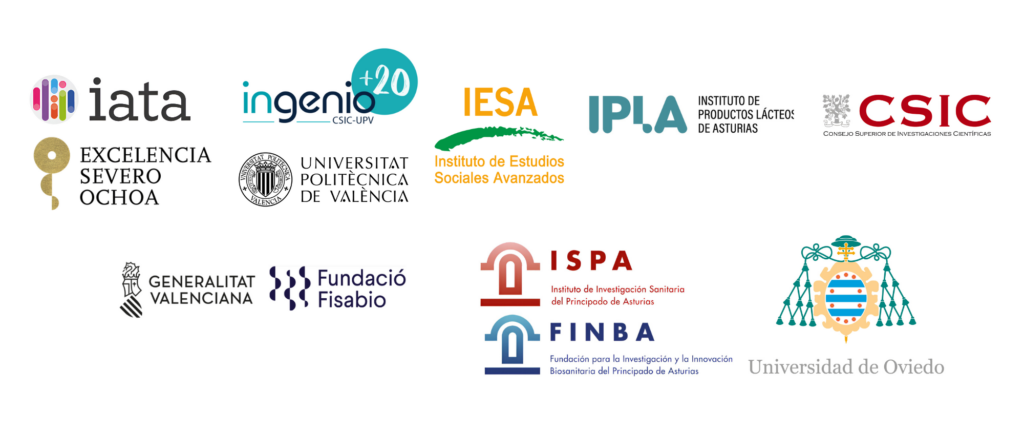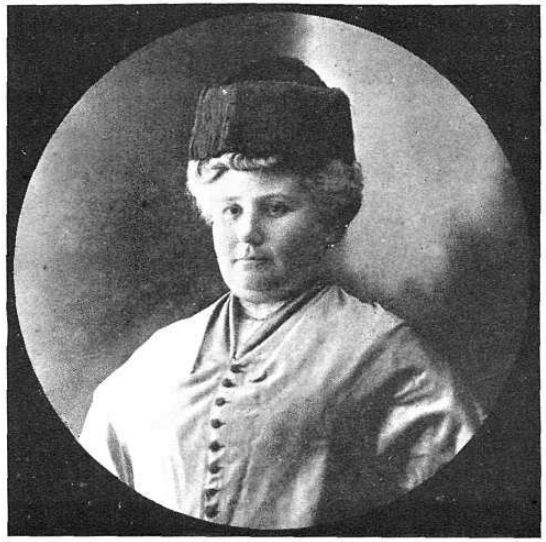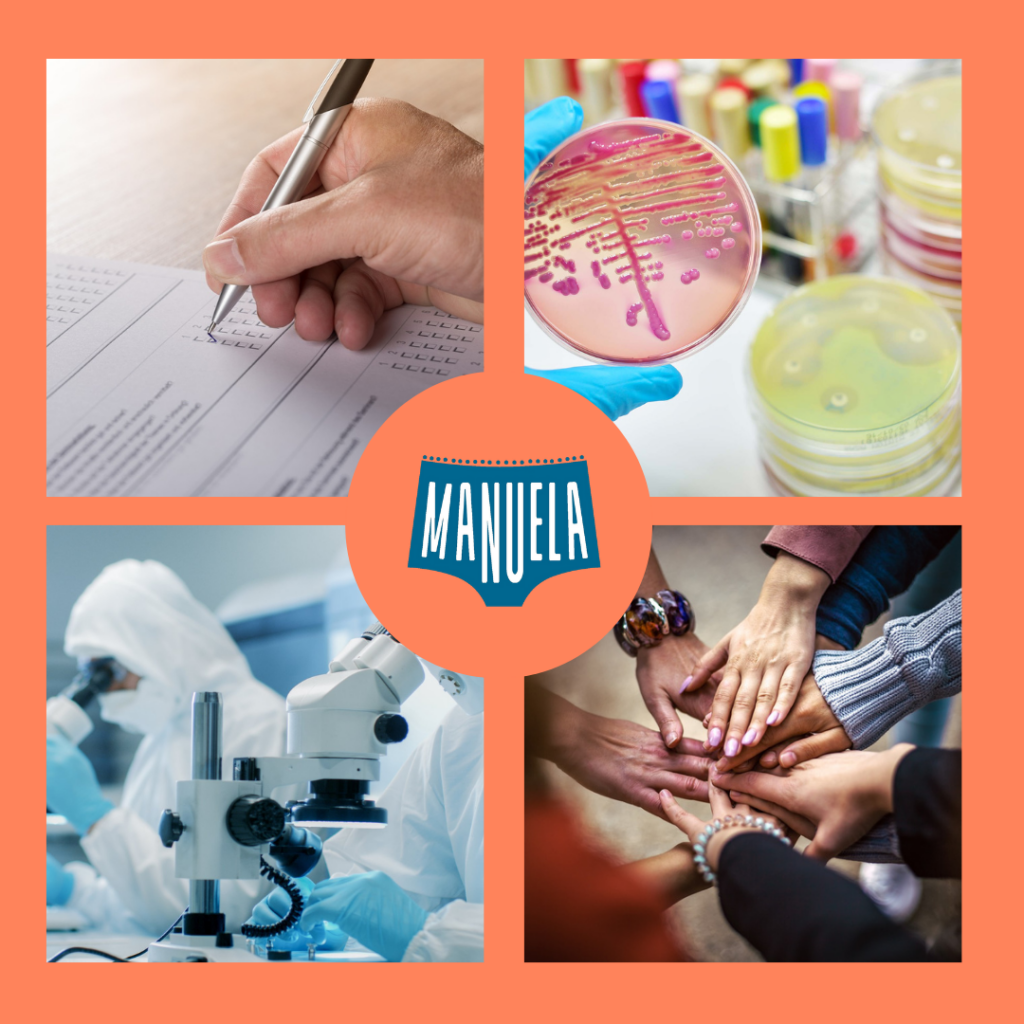The Isala sisterhood is growing, and we are excited to introduce Project MANUELA.
MANUELA, like all its sister projects, aims to reduce the gaps in our knowledge about women’s health. In this case, it focuses on the impact of diet on microbiota and its relationship with health.
Discover microbiota
Microbiota refers to the community of microorganisms (bacteria, viruses, fungi, and archaea) living in various parts of the human body, including the skin, mouth, intestines, and vagina. These microorganisms are essential for processes like food digestion, vitamin synthesis, pathogen protection, and immune system regulation.
The vaginal microbiota, for example, protects against infections and influences fertility. It also impacts newborn health, as initial colonization during vaginal birth strengthens their immune system, and can affect partners’ health by influencing the risk of infection transmission.
Despite its importance, research in this field, and in women’s health overall, is limited. Our project aims to gather data to enhance our understanding of biological processes in women. For example, with these data, we could identify beneficial foods during menstruation or those that support protective bacteria against vaginal infections. Additionally, this research could help develop new treatments for intestinal or vaginal infections. Interesting, right?
What is Manuela?
MANUELA is a groundbreaking initiative in Spain aiming to advance women’s health through its findings. The first phase will focus on a national survey to collect data on women’s health in Spain, including interests, diet, needs, habits, and lifestyles. In the second phase, biological samples will be collected for the analysis of oral, vaginal, and fecal microbiota, allowing us to understand the microbiota of women in Spain. With these data, we can study the relationship between diet, lifestyle, external factors, and women’s health throughout their lives.
This innovative perspective addresses a critical gap, offering a promising contribution to understanding and improving health in Spain and enhancing global knowledge of women’s health.

A pioneering research in Spain
With the goal of improving women’s health and well-being, a multidisciplinary team of experts from various Spanish research institutions has come together to develop this study on women’s health and microbiota here.

Why Manuela?
You might be wondering who MANUELA is. This research is named after Manuela Solís i Claras (1862-1910), a pioneer and advocate for women’s rights and advancements in the field of medicine in Spain.
Manuela was the first woman to obtain a medical degree from the Universitat de València, excelling in gynecology and dedicating her life to improving maternal and infant health. Her social commitment led her to work in charitable institutions, especially with underprivileged women.
She is an inspiration and one of the scientists who have paved the way for us. This is a small tribute to her work.

More than science
In addition to addressing knowledge gaps in this field, we aim to actively involve women in the participatory scientific process and promote significant social changes. MANUELA represents a step forward in researching and advocating for women’s health, and we want to engage all women, including you, dear reader.
Join our research and participate in various stages, from prioritizing research topics to providing biological samples. Manuela wants all of us to have a voice and vote in our own health.
The key points of Manuela:
- Citizen participation
- Scientific dissemination
- Contributing to breaking taboos about women’s health
- Fighting misinformation by providing accurate information
- Providing information to improve and develop public policies
In summary, Manuela is an innovative project that seeks to improve women’s health and well-being through research, education and scientific dissemination.
MANUELA stands as a tribute to the female legacy dedicated to women’s health and well-being, and its team is committed to promoting a more equitable future in health for all women.
We invite you to join this exciting journey toward a healthier future for everyone.
Want to join?

